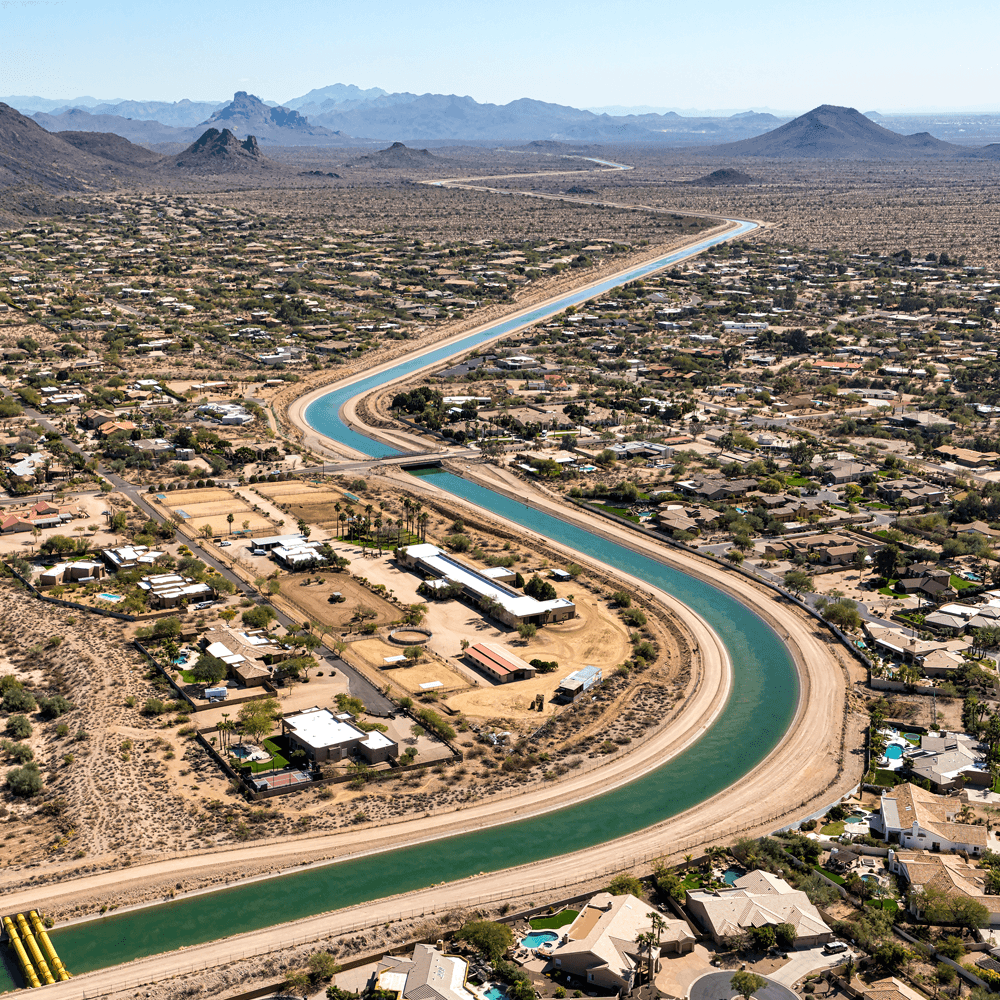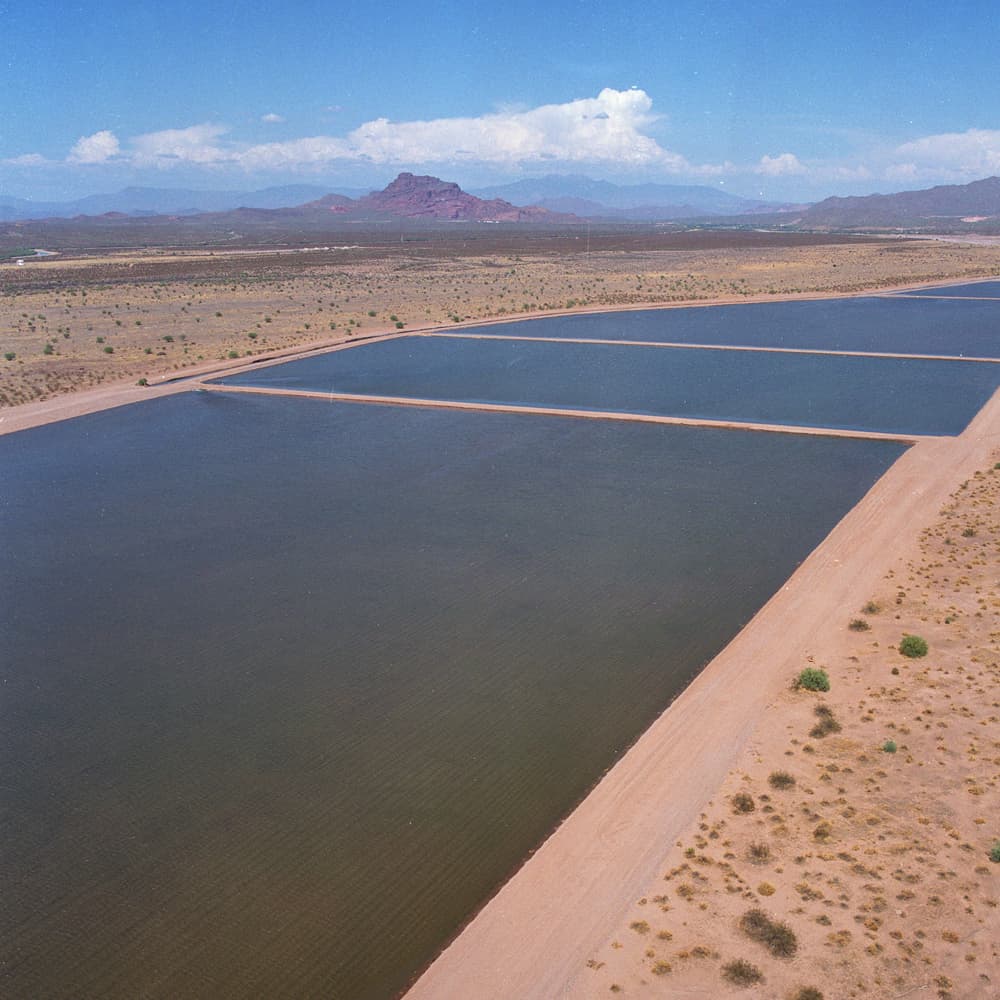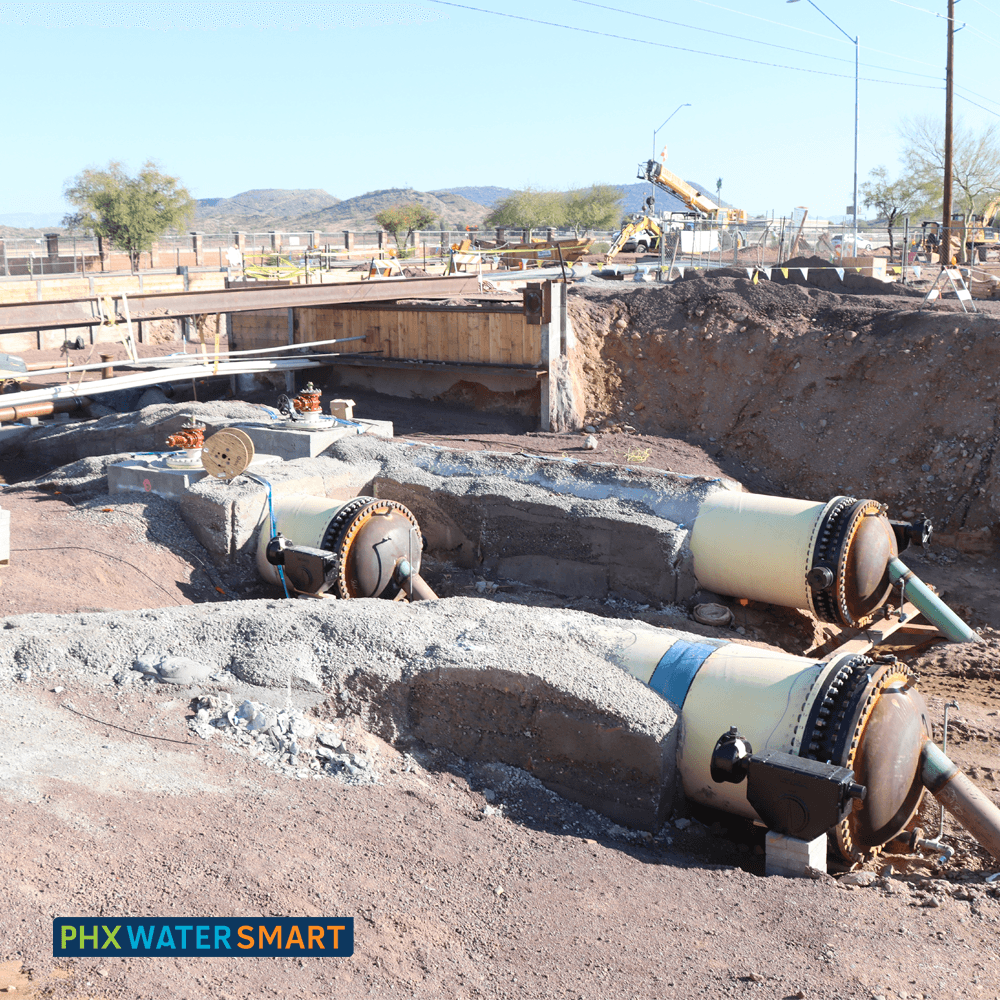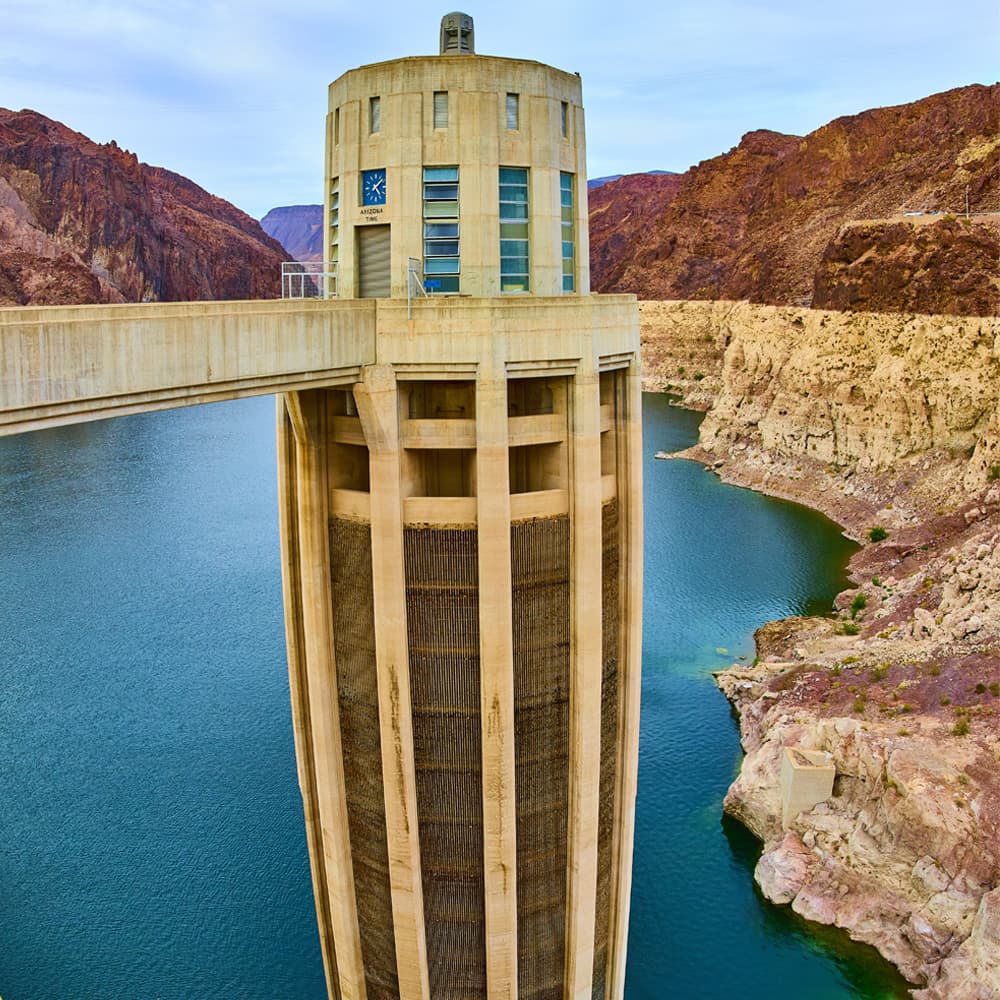
AMWUA Blog
Unexamined Risks: How the New Colorado River Study and Options Fall Short
The U.S. Bureau of Reclamation recently released a ...
Working together, we are One for WaterTM
AMWUA’s membership consists of ten large municipalities in Maricopa County, Arizona. Collectively, the population of the AMWUA municipalities is 3.7 million people—more than 50 percent of the state’s population.

Conservation & Efficiency
Living in a desert, Arizonans recognize that water is a limited and precious resource. We know we need to conserve and protect the water we have, stretching and preserving it for the future. We have embraced a culture of conservation, and it’s paying off. That ongoing commitment will help us weather the impacts of climate change, extended drought, and shortage.

Colorado River Shortage
The river is producing less water due to drier and warmer conditions in the basin, which are reducing runoff from snowpack. In the last century, the river was allocated to deliver 16.5 million acre-feet among the seven Colorado River Basin States and Mexico. However, the river is now only producing 12.4 million acre-feet and could decline by an additional 20%.
Where we stand on the issues
Smart water policy and careful planning, investment, and management have enabled AMWUA’s members to build robust, reliable water supplies that support our communities and economy. It is imperative that we continue to address the issues in front of us to ensure the future viability of those supplies. Learn more about some of the issues we are working on:
AMWUA Blog
AMWUA (pronounced "am-wa" as in, "I am" and "water") is the Arizona Municipal Water Users Association, a non-profit association of ten municipalities in the Phoenix metro area, advocating responsible water stewardship that supports economic prosperity and safeguards Arizona's water supplies for future generations.
"Water is essential for life
It supplies food, generates energy, and creates jobs. The wellbeing of our communities and economies depends on it. In a desert, we are acutely aware that we must continue to plan, invest, and develop forward-thinking policy today to ensure safe, reliable, and sustainable water supplies for the future.

OUR MEMBERS
AMWUA's membership consists of ten large municipalities in Maricopa County, Arizona. Collectively, the population of the AMWUA municipalities is 3.7 million people—more than 50 percent of the state's population.

















